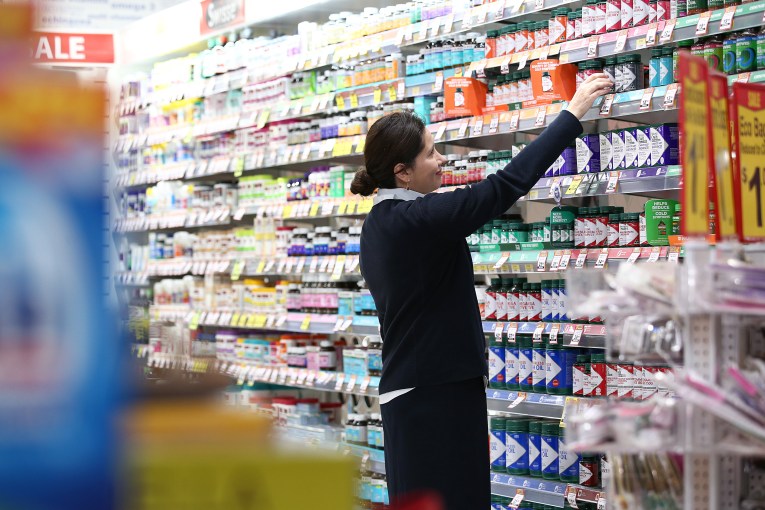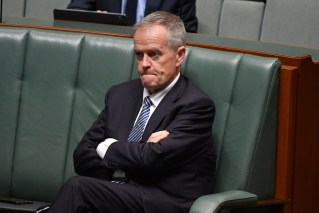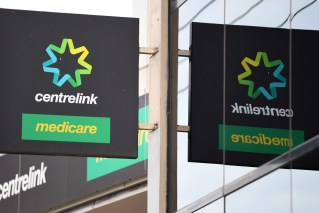Is Brisbane going for gold?
The Olympic Games are the most prestigious athletic competition in the world and taking home a gold medal can be a career-defining moment. It is equally defining for the city that hosts it, as it creates a lasting legacy.

(Photo: Supplied)
For the third time since the revival of the Games in 1896, Australia could be on track to securing the 2032 Olympics in Brisbane (#BNE32)!
For many Sydneysiders and Melburnians, Brisbane is considered as the boring cousin, light years behind their cities. However, Brisbane is fast emerging as a “new world city” (JLL and The Business of Cities, 2019), and is more than capable of hosting a global event.
Preparation for a possible bid has been underway since February 2019 with the Queensland Government releasing a feasibility study and value proposition report. In December 2019, it was revealed that an investment for the Olympic and Paralympic Game worth $4.45 billion could be delivered. This might be Brisbane’s Expo 88 moment so, what are the chances we actually secure the win?
For starters, Australia is no stranger to Olympic Games having hosted the Melbourne 1956 and Sydney 2000 games. The knowledge and expertise of hosting two successful games will place us in good stead against other bidding nations such as Netherlands (Randstad), Indonesia (Jakarta), Italy (Bologna), Spain (Madrid), the United Kingdom (London) and Germany (Rhine-Ruhr).
The Government outlined that almost 80 per cent of critical infrastructure is already in place or can be delivered through temporary overlay solutions, in both Brisbane and the Gold Coast (80km from Brisbane). This compares favourably to Rio 2016 – 70 per cent and Tokyo 2020 – 71 per cent and aligns with the IOC’s sustainability framework to reduce costs and emissions.
Fortunately, for Brisbane, an impressive pipeline of infrastructure work is already underway and will complement proposed Olympic venues. These include the second runway at Brisbane Airport, which will double the current capacity, and the $180 million cruise ship terminal.
Additionally, $5.4 billion will be spent on improving local roads and bridges with a further $9.6 billion to be spent on new rail networks, including Cross River Rail over the coming four years. This will greatly enhance the transport logistics and optimise existing facilities which will be critical for hosting such a large event.
Brisbane will derive significant social and economic benefit, especially as the investment outlay is relatively small. Ultimately, we could see an uplift in local employment opportunities on the back of infrastructure spend and additional tourists.
Economic
Games do not provide a substantial return on investment on a stand-alone basis however, they do market a hosting city on global scale. Nonetheless, because 80 per cent of infrastructure is existing or under development, the cost of hosting the games will be significantly less for Brisbane, automatically boosting the economic viability. The feasibility study suggests $7.4 billion in economic benefits could arise along with the creation of 130,000 direct and 10,000 indirect jobs.
A similar scenario is already playing out in Los Angeles (who are hosting in 2028). The game could see an $500 million profit because of private funding. Most new developments for the games will be privately funded, meaning the city can allocate more money and resources towards improving transportation and streamlining other civil construction projects.
Currently, an extensive rail system, second only to New York City, is underway plus 47 new hotels to cater for the influx of tourists. It seems going forward, Olympic Games will no longer involve intensive investments with little economic benefit.
Figure 1: The Profitability of past and future Olympic Games

Tourism
The tourism and trade opportunities the Games could deliver are significant. This includes an estimated uplift of about $20.2 billion in international visitor expenditure between 2020 and 2036. It is anticipated that about 1.3 million visitors will flock to Brisbane during the event (four weeks) – the same number that we would otherwise see in a whole year! Additionally, international awareness of Queensland’s products, market and services could increase export opportunities of up to $8.6 billion, according to Trade and Investment Queensland.
Figure 2: Number of Tourists at each Olympic Game

Infrastructure
Brisbane’s existing infrastructure pipeline totals over $18 billion with projects expected to complete on or before 2024. A successful bid for the Olympics will extend the cycle and could see $10.3 billion in unfunded projects commence. Because infrastructure projects are already underway, Olympic authorities should take comfort in Brisbane’s ability to meet deadlines for 2032.
A successful hosting of the Olympics will help Brisbane rise on the podium of tourist destinations. So, on your marks, get set, go … we hope to see you at #BNE32!
This article was produced as part of JLL’s Real Estate Review H1 2020 edition, which is now available.
Click here to register and read the full Queensland edition.
Previously published on InQueensland:
- Qld commercial property podcast: Game on for industrials
- Industrials set to soar as e-commerce becomes the ‘new normal’
- Qld commercial property podcast: Are COVID office deals worth moving for?













